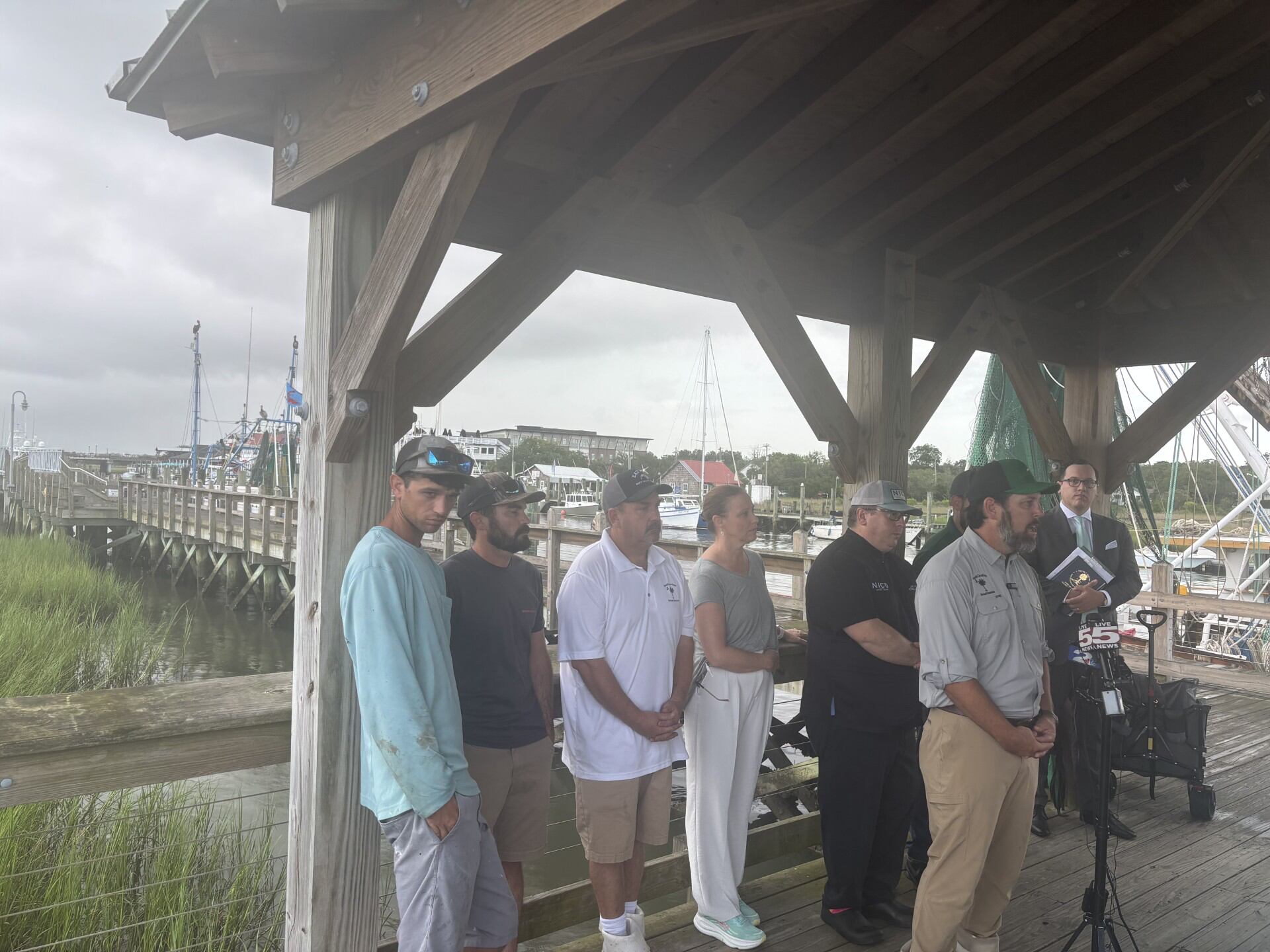
MOUNT PLEASANT, S.C. (WCSC) - The South Carolina Shrimpers Association is suing 40 currently unnamed restaurants after testing revealed that many local restaurants, some of which even explicitly advertised local shrimp, were not actually serving local shrimp.
The lawsuit says that a restaurant which advertises local shrimp but does not serve it is violating two laws: a federal law against false advertising and the South Carolina Fair Trade Practices Act.
"At the core of what we have here is in the state of South Carolina, it’s illegal to say that a product is from SC when it’s not, and similarly, federal law prohibits the mislabeling of the origins of seafood. It’s simply illegal at a state and federal level," says Attorney for the S.C. Shrimpers Association, Gedney Howe.
The Southern Shrimpers Alliance commissioned DNA testing on shrimp dishes at 44 local restaurants. The random testing in May soon revealed that 40 of those tested did not use local shrimp, and the release of the results states that 25 made outright fraudulent claims about the origins of their shrimp.
Howe, joined by local shrimpers and a few of their local restaurant partners, announced the news about their lawsuit on Shem Creek Friday just days after test results came in.
"In addition to the injunction that we're seeking, we're also looking for potentially the disgorgement of fraudulently earned profits; we might want the restaurants to pay back the money they fraudulently earned," Howe says.
Shrimpers like Bryan Jones and Rocky Magwood with the S.C. Shrimpers Association say they know who they sell to, and they’ve suspected that many local restaurants are not serving local shrimp for a while.
"I have been fighting almost all my life to prove a point that I know this has been happening for a long time. Over 25 years, I know for a fact that I’ve been running my own business and I know it happens. Now that we have some proof, hopefully we can get something to come out of this because it’s wrong," Magwood says.
The testing and results are providing them with proof and a leg to stand on to make a change.
Shrimp fraud is not a victimless crime," Jones says. "At the end of the day, the consumer is the one who is getting defrauded here. They are paying for something that they are not getting. And we’re consumers too, we eat at restaurants and we want to make sure when we ask, 'Hey, where’s your shrimp from?' that it’s caught here and not brought here.
The lawsuit alleges that the 40 "John Doe" restaurants knowingly and willfully misrepresented a food product by stating that the shrimp served in their establishments was a product of South Carolina when it was in fact from another state or country.
Howe says that whether through open communication or a subpoena, he intends to learn which restaurants were tested, and expects he’ll have to amend the complaint to accurately reflect which establishments violated either or both of the issues at hand.
The S.C. Shrimpers Association re-emphasized a message they shared when the results were released: more than the four restaurants that passed the test serve local. Representatives from Millers All Day, Nico, and The Wreck of Richard and Charlene joined the news conference for the lawsuit to support buying local shrimp. The S.C. Shrimpers Association says they are working to update the list on their website of local restaurant partners and are happy to verify any restaurant that reaches out to be added.
"It’s our reputation on the line and we want to make sure we support those who support us and we’ll champion them all day long. In the meantime, going back to the lawsuit that was filed, that’s all about accountability and transparency. We do call for a country of origin labeling law or a truth in menu labeling law. Right now, our shrimpers are being affected, they’re being injured," Jones says.
The S.C. Shrimpers Association took the opportunity to again call for South Carolina lawmakers to take up a country of origin menu law at the next legislative session. Howe says the lawsuit is something to hold restaurants accountable in the meantime.
"To the restaurants that are maybe skating by under the radar and didn’t get tested but know they’ve got a problem I think it’s a cautionary tale and if it isn’t on purpose, this is a warning, not from me, but a warning that it is illegal and something has got to be done about it because the shrimpers are suffering because of it," Howe says.


0 Komentar